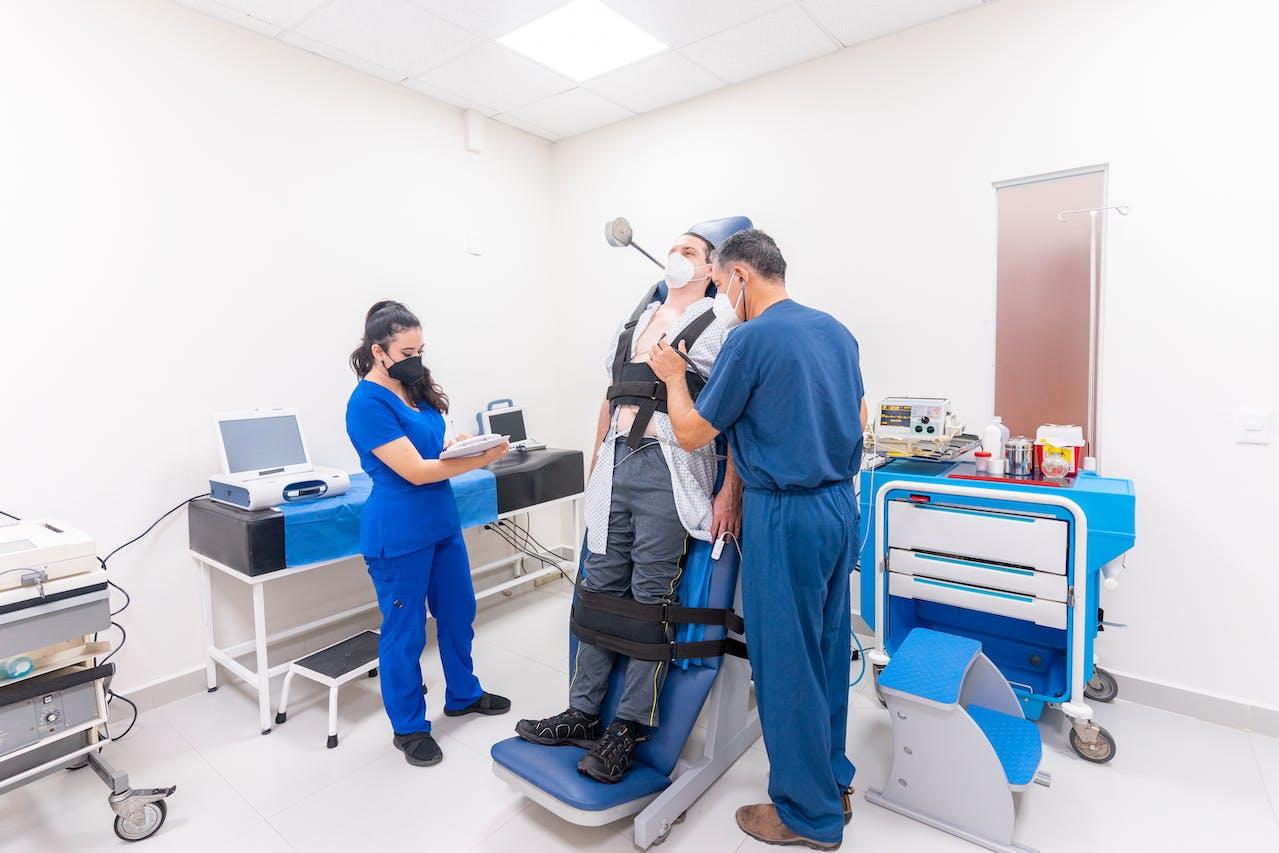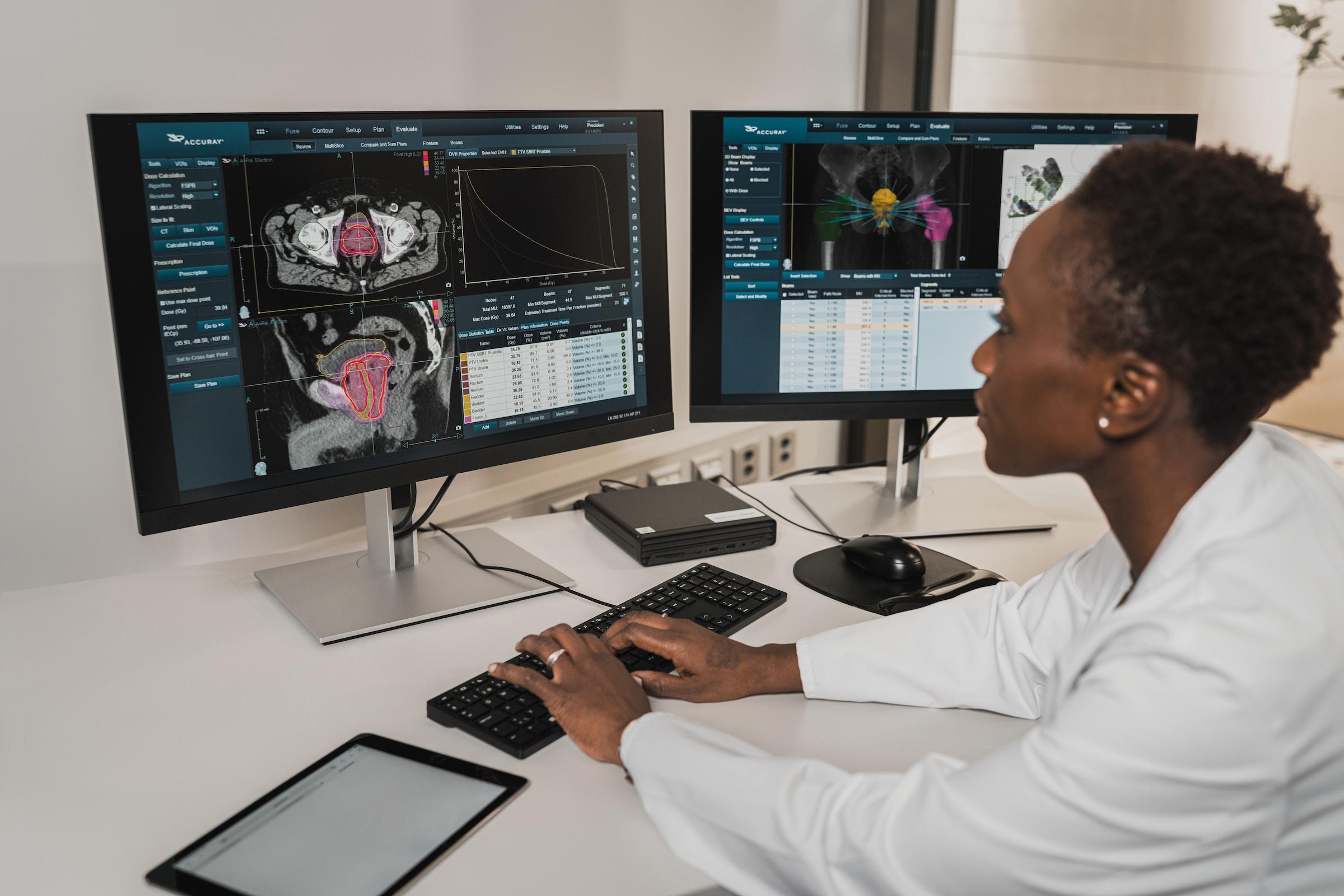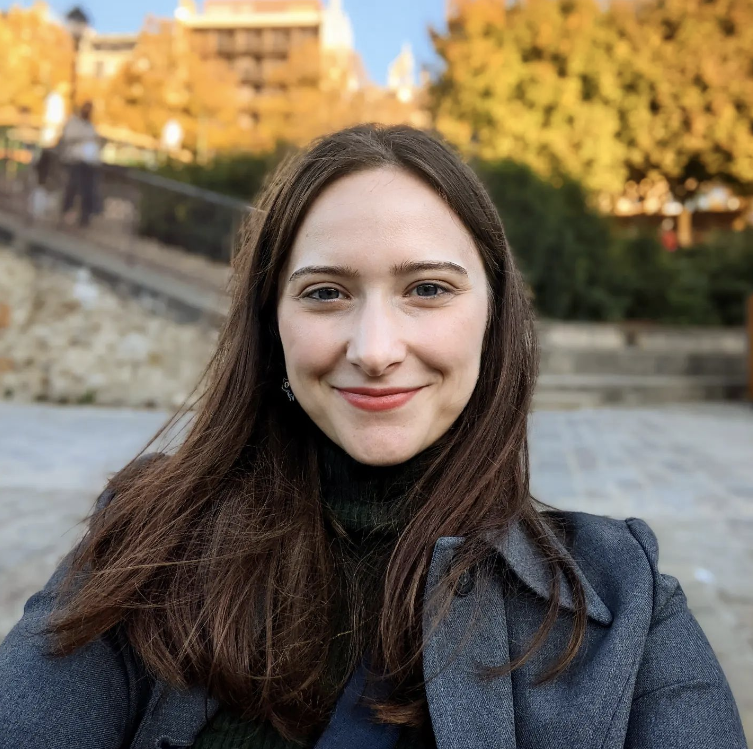Before embarking on your education to become a doctor, you might want to know exactly what career choices you have when you graduate from University.
What kind of doctor do you want to be?
There are different sectors for doctors to enter as well as an array of positions and specialties.
How can you decide what specialty to aim towards? How do you know where in the country you want to work? Can you work abroad with your New Zealand doctor’s license? Should you go for the public or private sector?
All these questions and more will be answered in this article.

How Do You Become a Doctor or Physician?
Keep in mind that physicians are typically medical specialists who do not provide surgical care. They usually take care of patients who have been referred to them by another doctor.
Doctors are typically people with a medical education who are not limited to one specialty.
The specific educational route required for someone to become a doctor in New Zealand is as follows:
- Complete the Health Sciences First Year programme at University of Otago, or the first year of either the Bachelor of Health Sciences or Bachelor of Science in Biomedical Science at Auckland University
- Complete a five-year Bachelor of Medicine and Bachelor of Surgery (MBChB) degree at Otago or Auckland
- Work for two years as a house officer (supervised junior doctor) in a hospital
- Complete six years of specialist training and examinations to become a Fellow of the Royal Australasian College of Physicians.
- Then, register with the Medical Council of New Zealand.
With all this time, energy, and money spent on medical education at University, it’s wise to start thinking about the different directions you want to explore.
Some people will choose a specialty before they even enter medical school and will feel dedicated to that specialty throughout their lifetime.
Others may need a few years of different rotations and experience in medical school to decide what specialty to consider.
No one way is better than another, but knowing what you can look forward to with your medical degree can help you decide what you want to do throughout your schooling career.

What Specialties Can Doctors Choose?
Doctors must choose a specialty when obtaining their medical degree and license.
Your specialisation will likely dictate where you work more as you'll be working in the relevant department for that specialisation and some specialisations are usually located in hospitals or clinics whereas other specialists will work in dedicated buildings or labs.
But what specialties are there to choose from? There are 36 different recognised scopes of practise one can be registered for in New Zealand.
They are:
- Anaesthesia
- Cardiothoracic surgery
- Clinical genetics
- Dermatology
- Diagnostic and interventional radiology
- Emergency medicine
- Family planning and reproductive health
- General practice
- General surgery
- Intensive care medicine
- Internal medicine
- Medical administration
- Musculoskeletal medicine
- Neurosurgery
- Obstetrics and Gynaecology
- Occupational medicine
- Ophthalmology
- Oral and maxillofacial surgery
- Orthopaedic surgery
- Otolaryngology, head and neck surgery
- Paediatric surgery
- Paediatrics
- Pain medicine
- Palliative medicine
- Pathology
- Plastic and reconstructive surgery
- Psychiatry
- Public health medicine
- Radiation oncology
- Rehabilitation medicine
- Rural hospital medicine
- Sexual health medicine
- Sport and exercise medicine
- Urgent care medicine
- Urology
- Vascular surgery
Within these scopes, there may be more specialised positions. For example, within the Internal Medicine scope, doctors may further specialise in cardiology, clinical immunology, clinical pharmacology, endocrinology, gastroenterology, geriatric medicine, haematology, infectious diseases, medical oncology, nephrology, neurology, nuclear medicine, palliative medicine, respiratory medicine and rheumatology.


Public Sector or Private Sector?
When you start out in your medical doctor career, you'll most likely have to start in public health, since private health institutions are less likely to take on doctors with limited experience.
Your internship will likely have been in a public hospital and/or health practice, too, so you'll have already worked in public health before you officially start your career as a doctor.
Later on, however, you'll have the option to stay in public health or move into private health.
What are the pros and cons of working in the public and private healthcare sectors?
Public Health
New Zealand’s healthcare system is largely public, meaning funded by taxes and available to residents. It is called, aptly, Te Whatu Ora - Health New Zealand and is modelled after the NHS in the UK.
Residents of NZ have access to preventive care and emergency services typically at no cost, though in some cases care may require additional payment depending on the patient’s financial situation.
Pros of Working in Public Healthcare
- Job security: There tend to be more jobs available in public health, and the government of New Zealand wants the healthcare programme to be well-funded and running
- Make a difference: Patients from all walks of life get to be treated by the public healthcare system, not just the wealthy
- Opportunities in rural and urban areas: You don’t have to live in a specific place to have access to a job
- Financial security: Depending on your level of experience, your specialty, and where you work, you can typically make between $86,000 and $244,000 per year
Cons of Working in Public Healthcare
- Larger caseloads: Because everyone can go to the doctor under public health, it means you will have more patients to handle daily
- Burnout: Due to the amount of stress, doctors in the public sector may be in danger of burnout
- Rotating patients: It will be hard or impossible for you to develop relationships with patients because neither of you gets to choose who you see at an appointment
Private Healthcare
People in New Zealand are beginning to get more options for private healthcare in addition to the public healthcare they already have access to. They do this by purchasing additional health insurance.
People will seek out private care in order to maintain a relationship with a doctor or physician of their choosing, cut down on waiting times, and have elective procedures not covered by public health allowances.
Pros of Working in Private Healthcare
- Higher pay: Doctors in the private sector get even higher pay than those in the public sector
- Personal practice: You can start your own practice
- Doctor and patient relationship: You will be able to see the same patients through their lives and build a relationship with them
- Less workload and more time off: Private sector doctors tend to have more relaxed schedules and fewer cases to juggle at the same time
Cons of Working in Private Healthcare
- Less job security: If a practice isn’t bringing in enough money, you might lose your job there; there is no government funding to use as a backup
- More about money: You must meet financial quotas and do more with the bottom line in mind so the practice remains profitable
- Dealing with insurance: Some insurance plans and companies are a real headache to work with
Where Do Doctors Typically Work?
Doctors in New Zealand typically work in hospitals, either large hospitals in urban areas or small hospitals in rural areas.
Other places doctors might work include private general practices, general practices, surgery centres, and speciality centres like imaging centres or phlebotomy and pathology centres.

Where in the World Can You Work with a New Zealand Doctor’s License?
If you obtain a doctor’s licensure in New Zealand, can you emigrate to another country and continue to work as a doctor? In certain situations, you’ll have little to no trouble. In others, it might be a little harder for you to continue practising medicine.
Australia
Under the TTMRA, New Zealand doctors can register to continue practising medicine in Australia without further education, testing, or examination.
United Kingdom
You must register with the GMC.
Furthermore, you must present your medical qualifications for verification, pass the following tests and provide the following evidence:
- Pass the PLAB test
- Provide evidence of an acceptable internship
- Have an approved sponsor
- Be eligible for entry into the UK
International Medical Graduates (IMGs) from New Zealand must have their degree(s) from Otago Medical School or the University of Auckland Facility of Medicine and Health Sciences.
United States
In the US, foreign doctors will need to pass the US Medical Licensing Exams, get certified by the Educational Commission for Foreign-Trained Medical Graduates, enrol in a residency program, and then take a third licensing test.
You must also be eligible to work and stay in the country.
Each country has different requirements for internationally-trained doctors, so be sure you do your due diligence and research well if you plan on moving elsewhere to practise medicine after you graduate!
Summarise with AI:















